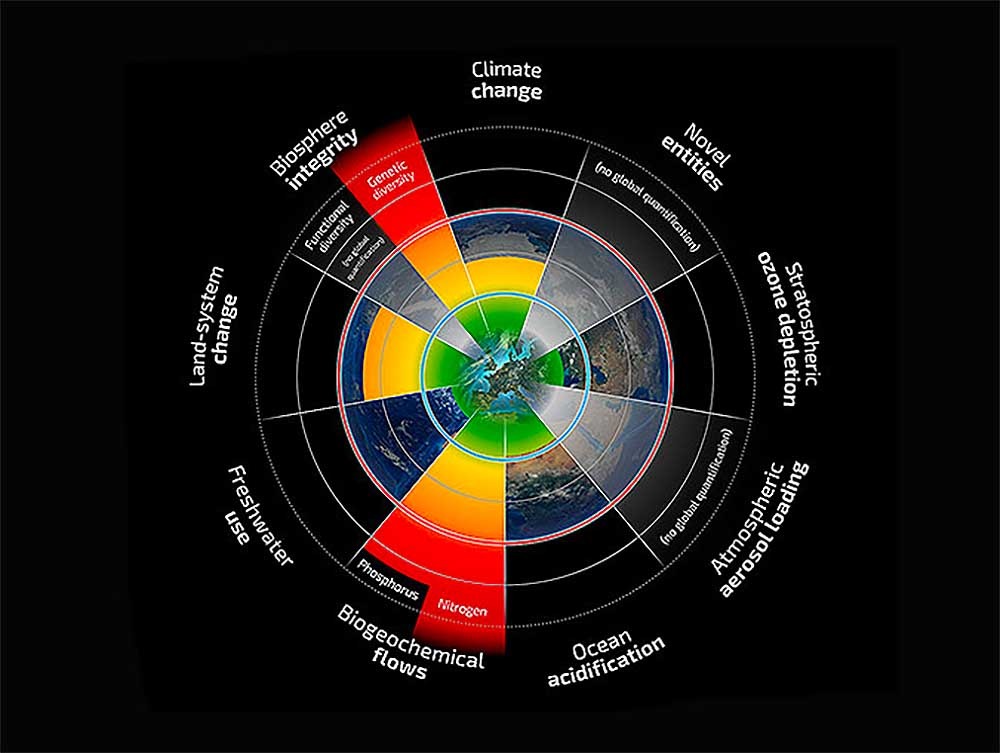bilby
Fair dinkum thinkum
- Joined
- Mar 6, 2007
- Messages
- 40,281
- Gender
- He/Him
- Basic Beliefs
- Strong Atheist
Sure.Environmental impact increases as the lifestyle and consumption rate of this 1% grows into 2 - 3 - 4 - 5 - 10 - 20 - 30 - 50% of the world's population and upward.
And that consumption growth would happen regardless of whether the population stays the same, or divides by two, or four, or eight.
It's a problem that cannot be solved by population reduction.
The only solutions are to prevent people from climbing out of poverty; Push the already wealthy into poverty; Or find a way to be wealthy in a sustainable way.
The first two options are immoral and inhumane; And attempts to reduce population don't even address the issue, so we needn't worry that they would also likely need to be immoral and inhumane.
We need to stop fart-arseing around, wringing our hands over the irrelevance of absolute population, and start making wealthy people behave in a sustainable fashion - for example, by replacing fossil fuels with ultra low carbon dioxide emissions energy sources, and by using low impact energy to enable the widespread recycling of materials.
Then we can have wealth without fucking shit up.


